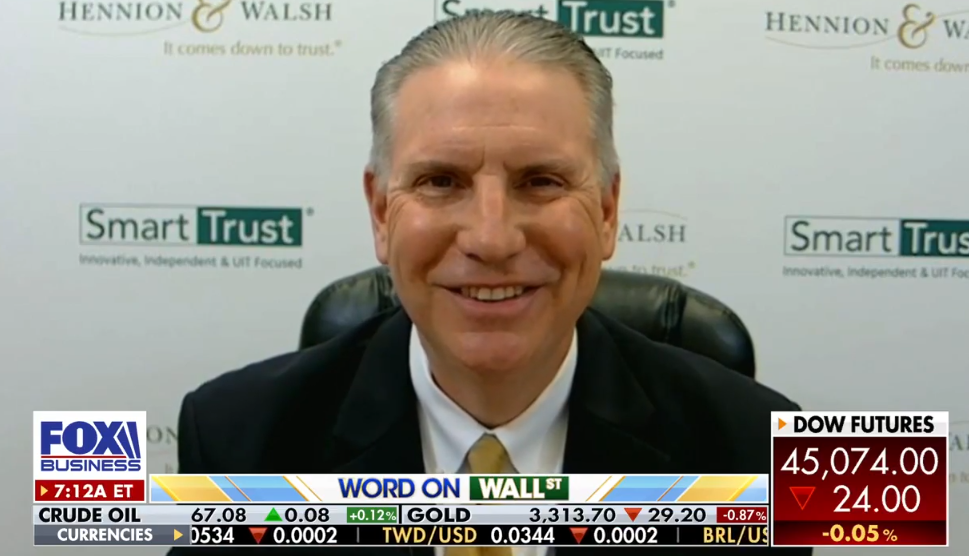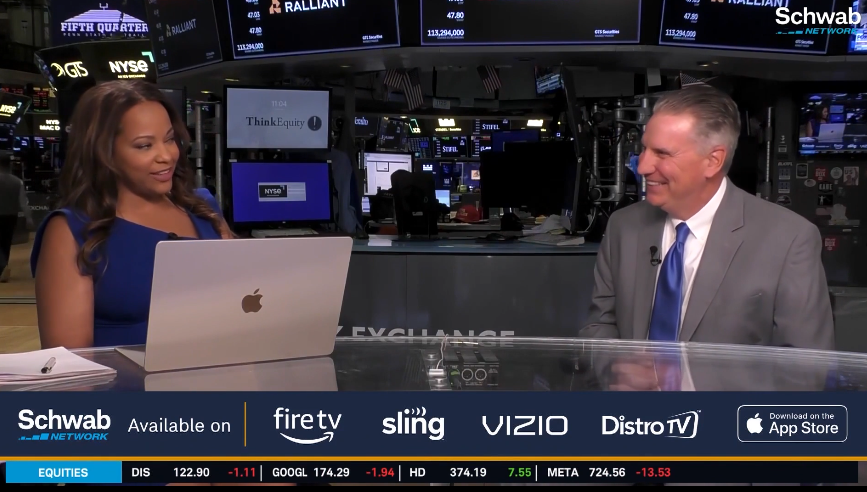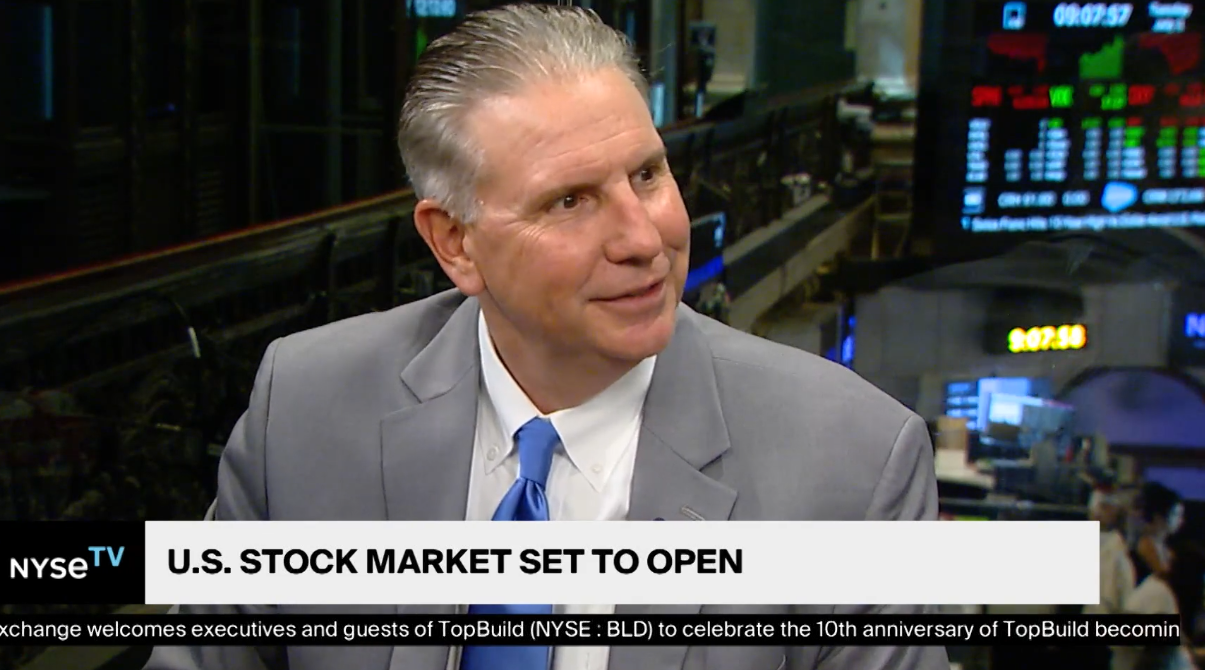
Another Thursday Sell-Off Impacts Markets
Market Overview

Sources: Sources for data in tables: Equity Market and Fixed Income returns are from JP Morgan as of 8/18/17. Rates and Economic Calendar Data from Bloomberg as of 8/21/17. International developed markets measured by the MSCI EAFE Index, emerging markets measured by the MSCI EM Index. Sector performance is measured using GICS methodology. S&P 500 earnings data from Factset as of 8/18/17.
Happening Now
The past two Thursday’s have not been kind to investors. As we discussed last week, on Thursday August 10th, the Dow Jones Industrial Average (“Dow”) fell 205 points due to heightened geo-political concerns. This past Thursday, August 17th, the Dow fell again, this time by 273 points during the worst daily performance for U.S. stocks since May 17th. For the week, both the S&P 500 and Russell Midcap Indexes finished with losses of 0.6% while the Russell 2000 Index dropped 1.2%. Internationally, developed markets were essentially flat with a 0.1% gain while emerging markets moved 1.6% higher.
Political noise has dominated headlines in the U.S. recently and has also highlighted the attractiveness of international diversification. International markets have convincingly outpaced domestic stocks so far in 2017 so it is likely the asset class has already caught the attention of most investors. Last week, international stocks showed off the diversification benefits they also bring to the table. While U.S. stocks struggled, international developed markets held their value and international emerging market stocks were able to deliver a positive return for the week. The thesis for continued growth of international stocks continues to hold in our view. A gradually improving economic environment, double digit earnings growth, accommodative monetary policy, and attractive valuations are all tailwinds to an asset class that has underperformed the S&P 500 Index during seven of the past ten calendar years.
To be clear, we are still optimistic on the outlook for domestic stocks. While politics can impact the market over the short term, rhetoric can change quickly and become supportive for even higher prices. This is why we are more concerned with the economic environment and the ability of companies to post profits than we are with the latest headlines. Economic data, both at home and abroad, continues to be encouraging. With global growth poised to continue at an above trend pace and U.S. retail sales and consumer sentiment both beating estimates last week, we believe the case to remain invested in stocks is strong – though we don’t dismiss the potential for short-term bouts of volatility.
The Federal Open Market Committee (FOMC) released their minutes, or notes, from their latest meeting last Wednesday and signs point to a balance sheet reduction commencing after the September meeting. We will be watching intently how the bond market is impacted by this unprecedented transition, if and when it does occur, and do consider a miscalculation by the Fed to be a risk to both the stock and bond markets. Given the backdrop of high valuations and the associated increased severity of pullbacks, we encourage all investors to have their portfolio reviewed to help avoid any potential unintended consequences. Whether you have a taxable account or a retirement account, understanding how you are invested is essential in order to maintain discipline during periods of market turmoil.
Important Information and Disclaimers
Disclosures: Hennion & Walsh is the sponsor of SmartTrust® Unit Investment Trusts (UITs). For more information on SmartTrust® UITs, please visit www.smarttrustuit.com. The overview above is for informational purposes and is not an offer to sell or a solicitation of an offer to buy any SmartTrust® UITs. Investors should consider the Trust’s investment objective, risks, charges and expenses carefully before investing. The prospectus contains this and other information relevant to an investment in the Trust and investors should read the prospectus carefully before they invest.
Investing in foreign securities presents certain risks not associated with domestic investments, such as currency fluctuation, political and economic instability, and different accounting standards. This may result in greater share price volatility. These risks are heightened in emerging markets.
There are special risks associated with an investment in real estate, including credit risk, interest rate fluctuations and the impact of varied economic conditions. Distributions from REIT investments are taxed at the owner’s tax bracket.
The prices of small company and mid cap stocks are generally more volatile than large company stocks. They often involve higher risks because smaller companies may lack the management expertise, financial resources, product diversification and competitive strengths to endure adverse economic conditions.
Investing in commodities is not suitable for all investors. Exposure to the commodities markets may subject an investment to greater share price volatility than an investment in traditional equity or debt securities. Investments in commodities may be affected by changes in overall market movements, commodity index volatility, changes in interest rates or factors affecting a particular industry or commodity.
Products that invest in commodities may employ more complex strategies which may expose investors to additional risks.
Investing in fixed income securities involves certain risks such as market risk if sold prior to maturity and credit risk especially if investing in high yield bonds, which have lower ratings and are subject to greater volatility. All fixed income investments may be worth less than original cost upon redemption or maturity. Bond Prices fluctuate inversely to changes in interest rates. Therefore, a general rise in interest rates can result in the decline of the value of your investment.
Definitions
MSCI- EAFE: The Morgan Stanley Capital International Europe, Australasia and Far East Index, a free float-adjusted market capitalization index that is designed to measure developed-market equity performance, excluding the United States and Canada.
MSCI-Emerging Markets: The Morgan Stanley Capital International Emerging Market Index, is a free float-adjusted market capitalization index that is designed to measure the performance of global emerging markets of about 25 emerging economies.
Russell 3000: The Russell 3000 measures the performance of the 3000 largest US companies based on total market capitalization and represents about 98% of the investible US Equity market.
ML BOFA US Corp Mstr [Merill Lynch US Corporate Master]: The Merrill Lynch Corporate Master Market Index is a statistical composite tracking the performance of the entire US corporate bond market over time.
ML Muni Master [Merill Lynch US Corporate Master]: The Merrill Lynch Municipal Bond Master Index is a broad measure of the municipal fixed income market.
Investors cannot directly purchase any index.
LIBOR, London Interbank Offered Rate, is the rate of interest at which banks offer to lend money to one another in the wholesale money markets in London.
The Dow Jones Industrial Average is an unweighted index of 30 “blue-chip” industrial U.S. stocks.
The S&P Midcap 400 Index is a capitalization-weighted index measuring the performance of the mid-range sector of the U.S. stock market, and represents approximately 7% of the total market value of U.S. equities. Companies in the Index fall between S&P 500 Index and the S&P SmallCap 600 Index in size: between $1-4 billion.
DJ Equity REIT Index represents all publicly traded real estate investment trusts in the Dow Jones U.S. stock universe classified as Equity REITs according to the S&P Dow Jones Indices REIT Industry Classification Hierarchy. These companies are REITSs that primarily own and operate income-producing real estate.



